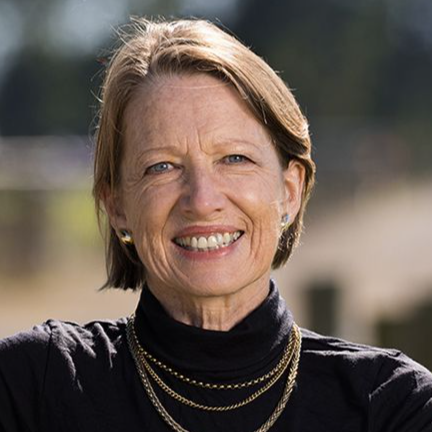Another name for it is “record
profits” (the actual dollar value), but the “P” word creates all sorts of negative feelings about “unfair” and “exploitation” and, of course, the overused “crisis” word.
It is fair to ask “who is benefitting most?” along the value chain, from farm through to processors to transport and supermarket.
That might also lead to: “Is anybody price gouging?”
Time and again, the answer is unclear.
A recent episode of TV show Paddy Gower Has Issues investigated the process from cow to checkout and decided that the farmer wasn’t profiteering.
Having talked with Night ’n Day general manager Matthew Lane, the show’s investigator Karen O’Leary left the question hanging over supermarkets.
The supermarkets have been investigated repeatedly by the Commerce Commission, and scrutiny is ongoing.
The focus ensures that people are able to point fingers squarely at the supermarkets, whether fairly or not.
Similarly, the ongoing headlines about the cost of living, with the overused “crisis” description, ensure not only that “cost of living” comes out top of the issues list (Ipsos 2025), but also that at least some people (those who respond to questions) feel hard done by.
The bigger picture is that New Zealand has a population of 5.3 million people living in a country slightly larger than the UK (where the population is almost 70 million), with a work-life balance that tops the global ranks.
New Zealand has held this position for three years running.
In answer to the question “why?”, the developers of the assessment (the HR company Remote) stated that New Zealand scores consistently well in areas like statutory annual leave, public happiness, safety and minimum wage, and added “it helps to be surrounded by such diverse, breathtaking scenery”.
Remote has New Zealand as the number one relocation destination.
Yet “crisis” is top of mind for people living here.
Perhaps it is Kiwi expectations that need adjusting.
A “crisis” generally refers to something short-lived.
What we are experiencing could be the new normal.
Listen to Jamie Mackay interview Dr Jacqueline Rowarth on The Country below:
When the minimum wage goes up, everything increases in price at every stage.
More competition in the supermarkets isn’t going to change that.
Nor will it change the fact that supplier costs are two-thirds of the shelf price.
Supplier costs are determined by factors such as the costs of production at source (New Zealand or overseas) and transport costs (overseas shipping, domestic trucking, etc).
Processors such as Fonterra or overseas giants such as Unilever determine some of the price; supermarket specials confuse the shopper as to what is actually happening.
But for a country of 5.3 million people, the real question should be, can we afford another company?
Farro concentrates its activity in Auckland, as does Costco.
Big players such as Aldi have not responded positively to an invitation to consider entering New Zealand.
The UK, with its population of 70 million people, has the big four (Tesco, Sainsbury’s, Asda and Morrisons) and, in the larger centres, M&S, Aldi and Lidl.
Using Statista as the information source, the UK has approximately 32,000 supermarket stores – that is one for every 2190 people, each paying a share of running costs.
Australia has approximately 27 million people.
Coles, Woolworths, Costco and Aldi are the dominant players.
There are approximately 9640 stores (again, according to Statista), each serving 2800 people.
New Zealand has a population of 5.3 million people and over 4000 stores – each serving 1325 people.
Can we really afford or need more?
The impact of reducing economies of scale could well be that the domestic suppliers who have limited options for export (the market gardeners) would find their margins eroded even further.
Competition between the supermarkets puts pressure on suppliers who have products with short shelf life – fresh fruit and vegetables.
Perhaps Paddy Gower Has Issues could investigate the supporters of the supply chain.
Insurance has escalated and affects each part of the supply chain, just like power.
And how about interest costs?
The Commerce Commission found that banks have not been acting as a cartel, but “everybody knows” that interest rates soared for a while.
And profits appear to have been rather good while justified as “fair” by those in command.
“Fair” is a matter of perspective.
So is work-life balance, and what is or isn’t a crisis.
Recalibration is necessary at many stages along the value chain from producer to consumer.
We all have a part to play in supporting the number one country in the world.
Detractors take note.
